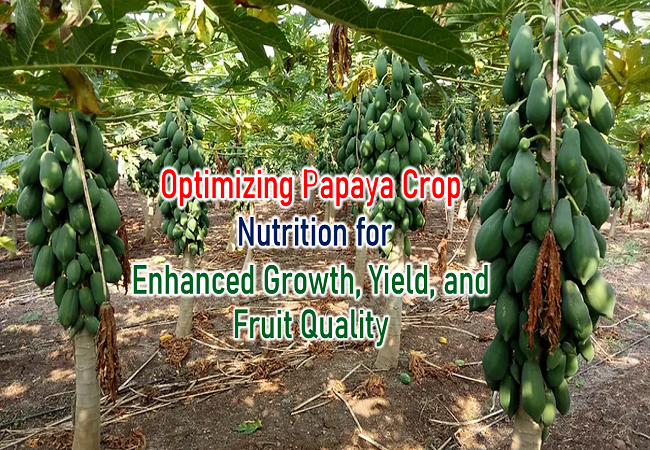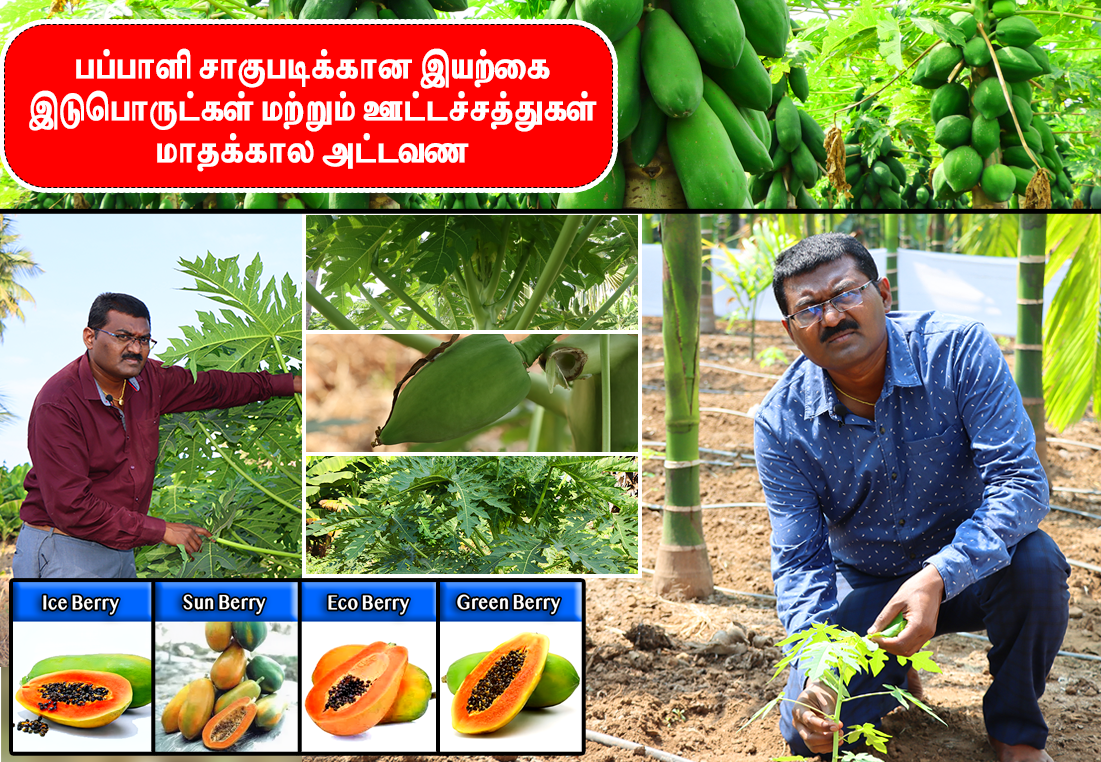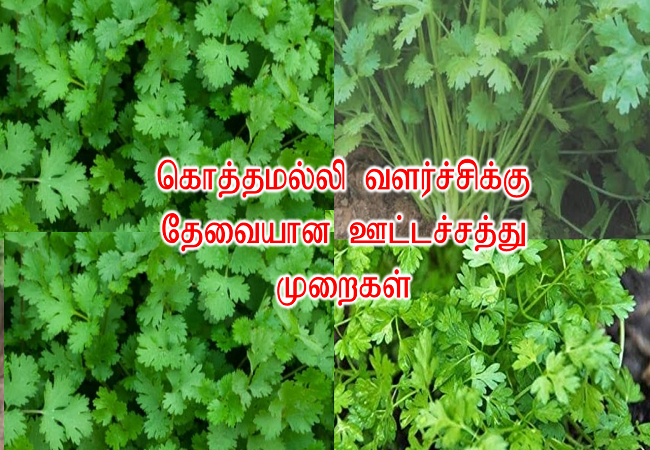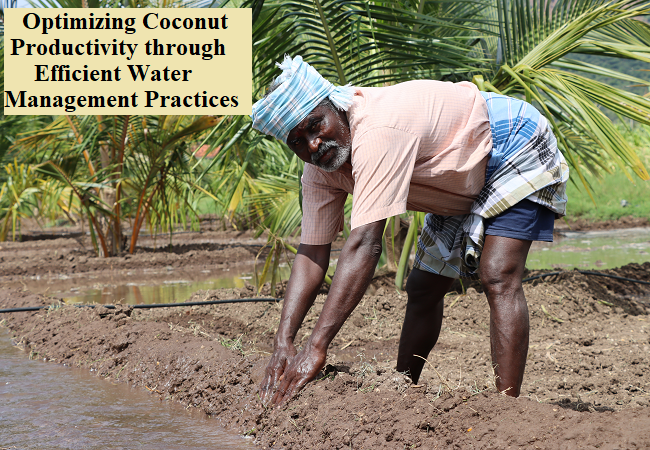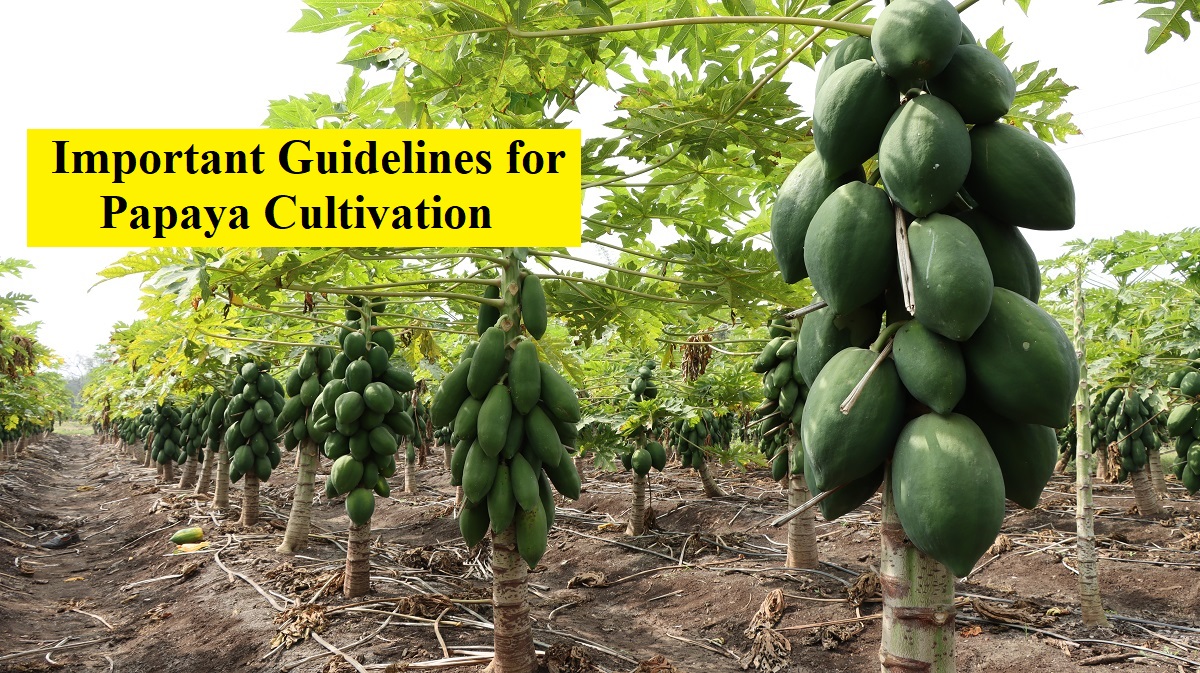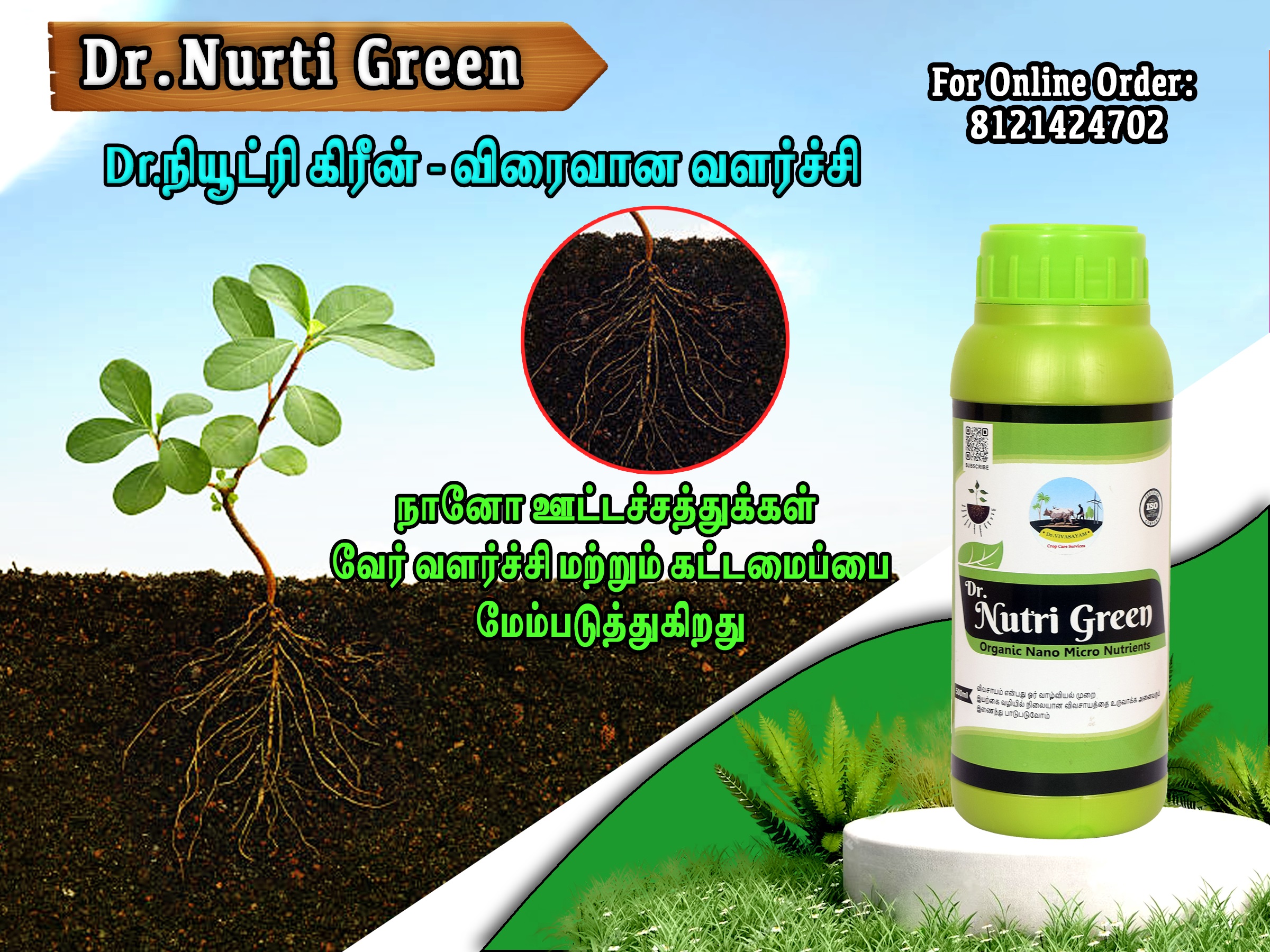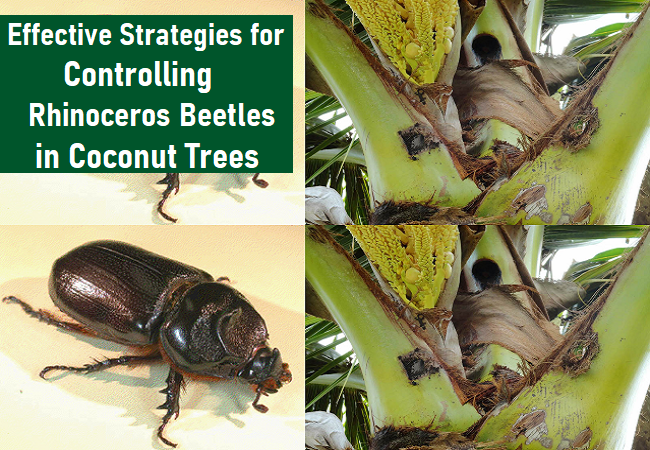Blogs
-
To optimize papaya crop growth, flowering, fruit setting, and taste, it's crucial to begin with a soil analysis to determine nutrient deficiencies and pH levels. Providing a balanced mix of nitrogen, phosphorus, potassium, and micronutrients through both organic and synthetic fertilizers is essential. These nutrients should be applied using various methods such as broadcast, band, foliar, or drip irrigation, timed to coincide with the plant's growth stages. Additionally, incorporating organic amendments like compost or manure enhances soil fertility and microbial activity. Regular monitoring of plant and soil health, coupled with proper water management practices, ensures efficient nutrient uptake and utilization, ultimately leading to superior yield and fruit quality.
-
பப்பாளி விவசாயம் தமிழக விவசாயிகளுக்கு ஒரு நல்ல வருமானம் ஈட்டக்கூடிய ஒரு லாபகரமான தொழிலாகும். தமிழகத்தில் பப்பாளி சாகுபடி ஒரு முக்கியமான விவசாயமாகும். இதன் சுவையான பழம் மற்றும் மருத்துவ குணங்கள் காரணமாக, பப்பாளிக்கு எப்போதும் நல்ல சந்தை தேவை இருக்கும். தமிழ்நாட்டில் பல்வேறு பகுதிகளில் பப்பாளி சாகுபடி செய்யப்படுகிறது.
-
கொத்தமல்லி ஒரு பிரபலமான சுவையூட்டும் மூலிகை, இது வளர்ப்பதற்கும் பராமரிப்பதற்கும் எளிதானது. சரியான ஊட்டச்சத்து முறைகளைப் பின்பற்றினால், அதிக மகசூல் மற்றும் நறுமணம் கொண்ட கொத்தமல்லியை வளர்க்கலாம்
-
Effective coconut water management, including drip irrigation and weekly watering, maintains optimal moisture. Leaching prevents salt buildup in loamy soil, while morning irrigation reduces disease risks. Drought-tolerant varieties like the Malayan Dwarf and contour trenching enhance resilience and prevent runoff. A holistic approach ensures water efficiency, plant health, and improved coconut productivity.
-
For successful papaya cultivation, adhere to key guidelines: select a site away from virus-infected fields, transplant after June in suitable regions, use well-drained soils, provide adequate irrigation without overwatering, maintain 8 feet spacing between plants, apply decomposed manure, acclimatize saplings before planting, and follow thorough land preparation. Additionally, employ weed control strategies, plastic mulching, and vigilant care during plant growth stages. Protect against fungal diseases like damping-off and collar rot, and address challenges such as Papaya Ring Spot Virus and Papaya Leaf Curl Mosaic Virus
-
Growth promoters are substances, like hormones and enzymes, that stimulate growth processes in organisms, applied for enhanced yield in agriculture and livestock. Micronutrients, such as vitamins and minerals, are essential in small quantities, serving as cofactors in biochemical reactions and supporting overall health. While growth promoters directly influence growth stages, micronutrients ensure sustained growth by maintaining metabolic functions. Growth promoters are regulated for safety and environmental impact, while micronutrient levels are carefully managed to prevent deficiencies or excesses. Both are integral in agriculture, with growth promoters applied at specific stages and micronutrients added to address nutritional needs, emphasizing the importance of balanced and sustainable practices.
-
Micronutrients are essential for flowering crops, influencing enzyme activation, photosynthesis, cell structure, reproductive processes, hormone regulation, nutrient uptake, disease resistance, and respiration. Deficiency can lead to disorders, poor flowering, and reduced yield. Maintaining a balanced supply is critical for optimal crop health
-
Micronutrients are essential for vegetable crop growth, health, and yield. They activate enzymes, aid chlorophyll production, improve nutrient uptake, boost stress resistance, support flower and fruit development, enhance photosynthesis, and prevent deficiencies. A balanced supply of these nutrients is critical for optimal results in vegetable cultivation.
-
Dr. Vivasayam's WhatsApp group is for farmers to share agricultural knowledge and technology. Stick to agriculture-related discussions only, no politics or off-topic content. Ask questions, provide answers, and promote respectful interactions. This is a space for learning and sharing about farming. Non-farmers and entertainment content are not suitable here. Let's create an informative and supportive community!
-
Controlling rhinoceros beetles in coconut trees is vital to preserve their health and productivity. Effective methods include traps, biological control with natural enemies, targeted application of insecticides, regular pruning, using physical barriers, maintaining good hygiene, early detection, and implementing quarantine measures. Adopting an Integrated Pest Management (IPM) approach is crucial for sustainable and eco-friendly control. Local agricultural authorities and experts can provide specific guidance on the best methods for a particular region.

